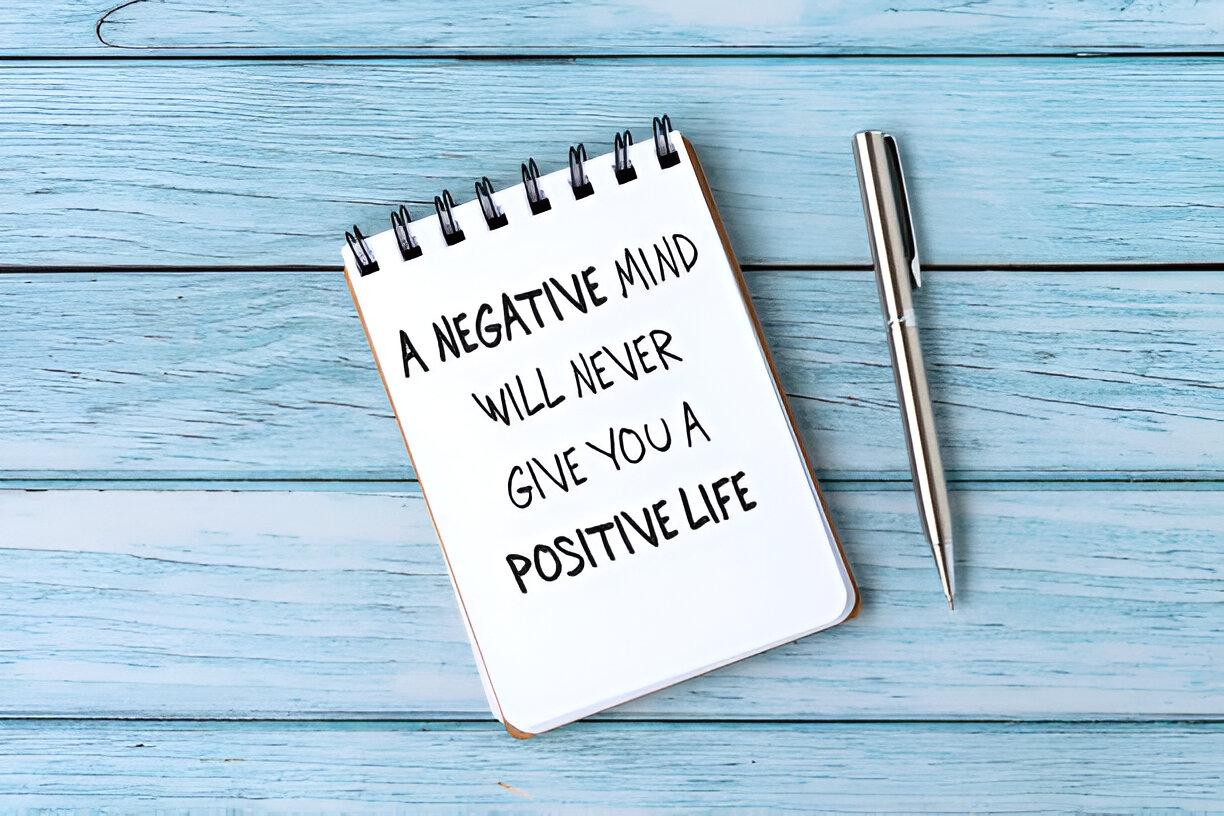Notifications

3 minutes, 28 seconds
-14 Views 0 Comments 0 Likes 0 Reviews

For centuries, thinkers, writers, and philosophers have debated the balance between destiny and free will. Are we guided by an invisible hand through life, or are our paths forged entirely by the choices we make? This question remains one of the most complex and emotionally charged themes in human experience, influencing everything from personal decision-making to cultural storytelling.
Destiny implies a predetermined course, something written in the stars or scripted by a higher power before we're even born. It often comforts those who seek purpose in suffering or believe that everything happens for a reason. On the other hand, free will is the belief in personal agency — that individuals have the power to make decisions independent of external forces, carving their futures through intention and effort.
In real life, however, the interplay between the two isn't so black and white. Our birth circumstances, such as family, culture, and socioeconomic status, undeniably shape early opportunities and challenges. These can feel like threads of destiny. Yet, how one responds to these situations, through resilience, ambition, or rebellion, is where free will emerges.
This dynamic tension is explored deeply in literature, particularly in character-driven narratives. A poignant example can be seen in the book Pawn to King's End and their significance, where the protagonist grapples with both external forces and internal choices. The story presents life as a chessboard — structured and strategic, yet full of unpredictable outcomes depending on the moves one dares to make. Rather than delivering a one-sided argument, the narrative portrays destiny as the initial setup and free will as the gameplay, reflecting how most of us navigate our lives.
Religious and philosophical systems also mirror this duality. In Stoicism, for instance, destiny is accepted as the framework of life, but virtue and wisdom are matters of personal choice, defining one's inner peace. Similarly, existentialist thought pushes the idea that while the world may lack inherent meaning, humans are free (and burdened) to create their own.
In conclusion, it’s not a question of choosing between destiny and free will, but rather understanding how they coexist. Destiny may set the stage, but free will writes the script. Our lives are shaped by a dance between the two — sometimes in harmony, in conflict, and in embracing both, we come closer to understanding who we truly are.

